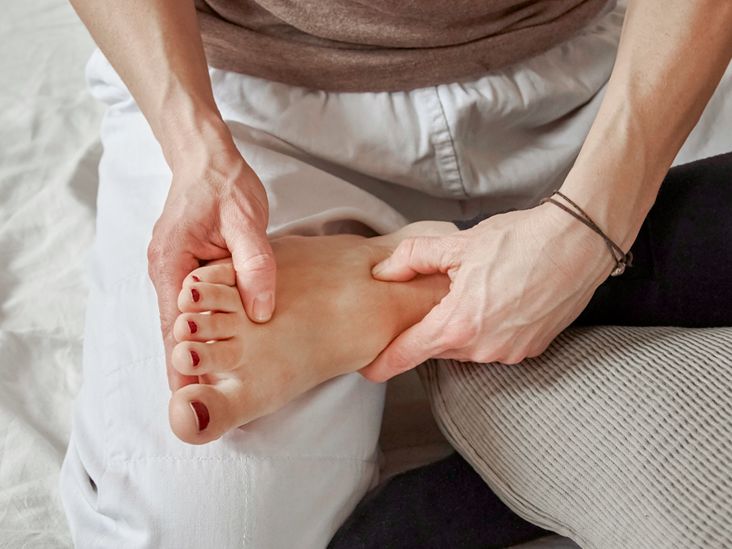Any type of alcohol, including gin, may trigger a migraine episode. But because people react differently to different alcohols, some may find that gin doesn’t trigger headaches while other alcohols do.
Alcohol is a known migraine trigger for many people. Some alcohols, like red wine, tend to trigger migraine headaches more often than others.
If you’ve received a migraine diagnosis, you might be wondering if gin is less likely to trigger a migraine than other alcohols.
Because everyone’s migraine triggers are unique to them, there’s no easy answer to this question. Gin might be a good alcohol choice for some people with migraine, but it could be a migraine trigger for others.
Alcohol is a commonly reported migraine trigger.
Several studies have investigated alcohol as a potential migraine trigger. One study found that more than
But other studies have found the numbers to be far lower. While they have found that many people with migraine do report alcohol as a trigger, it seems to happen occasionally.
A 2020 study found that the amount of alcohol consumed had a more significant effect. Researchers found that, for people with episodic migraine, having one or two drinks wasn’t likely to trigger headaches, but having five or more drinks was.
When do symptoms arise?
For some people, migraine symptoms appear within about 30 minutes of drinking. For others, it can be hours later.
People with migraine are also more likely to report headaches as a hangover symptom than people without migraine. The reasons for this are unclear.
No one knows exactly why alcohol can trigger migraine headaches. But some possible links between alcohol and migraine include:
- Dehydration: Alcohol contains chemicals that can increase your need to urinate. This is called a diuretic effect, and it can lead to dehydration, a known migraine trigger.
- Congeners: Congeners are the result of alcohol fermentation. Some people think they can trigger migraine.
- Blood vessel expansion: Alcohol can cause your blood vessels to expand. It’s possible this could result in migraine.
- Histamine: Histamines are one of the chemicals commonly found in alcohol. Some scientists think the histamines in alcohol can trigger migraine in some people who have histamine intolerance.
- Neurogenic inflammation: Alcohol may activate certain brain cells, triggering an inflammatory response that can cause migraine symptoms.
Some people think a combination of alcohol and other factors triggers their migraine headaches — for instance, the combination of alcohol and stress or alcohol and low blood sugar.
In these cases, people with migraine might be able to drink a glass or two of alcohol without any trouble most of the time, but they might occasionally find that just half a drink triggers a migraine.
No published studies explore the connection between drinking gin specifically and migraine. However, for many people, the type of alcohol they drink plays a role in whether it triggers a migraine attack.
For instance, many people with migraine report they cannot drink red wine. Experts think this is because red wine contains histamines, sulfites, and other ingredients that may trigger migraine.
Gin is stronger than a lot of other alcohol options. All gin needs to be at least 40% alcohol by volume (ABV) in order to be classified as gin.
Additionally, gin is made with botanicals and juniper berries. Although neither type of berry or botanical is a common migraine trigger, they could be triggers for some people.
If either or both of these things are migraine triggers for you, gin could trigger a migraine attack.
Reactions to alcohol often depend on the person. Some people with migraine might find that gin is their biggest migraine trigger. Others might find that they tolerate it well.
Knowing your migraine triggers is important because avoiding those triggers can reduce your total number of migraine attacks. Almost anything can be a migraine trigger, and migraine triggers are highly individualized.
However, there are some common migraine triggers, like stress, caffeine, or changes to sleep patterns, that affect a lot of people. Certain foods like chocolate, dairy, and cured meats are also common triggers. These triggers are a good place to start when looking for what triggers your attacks.
One of the best ways to find your migraine triggers is to keep a diary or use a migraine tracking app.
In your diary, you can keep track of your potential triggers. You’ll record if you’ve had a migraine and list your symptoms. This can help you find your triggers so you can discuss them with your doctor.
The best way to avoid migraine when you drink depends on your exact trigger. If migraine attacks occur when you drink, or with a particular type of alcoholic drink, you should avoid that specific trigger.
These general tips may help you avoid migraine when you drink and help prevent a hangover headache:
- Drink slowly and stick to small amounts.
- Drink water as you drink alcohol to make sure you stay hydrated.
- Drink on days when you’re not under stress.
- Mix your alcohol with drinks that are low in sugar and artificial sweeteners.
- Eat a large meal before you drink to slow down your body’s absorption of the alcohol.
People with migraine often report that alcohol triggers migraine attacks. Red wine is the most commonly named culprit, but any type of alcohol, including gin, can lead to a migraine.
The exact link between alcohol and migraine isn’t fully understood. It’s likely that several links exist and that different people respond differently to various features of alcohol. It’s also possible that other factors or combinations of factors can trigger migraine.







